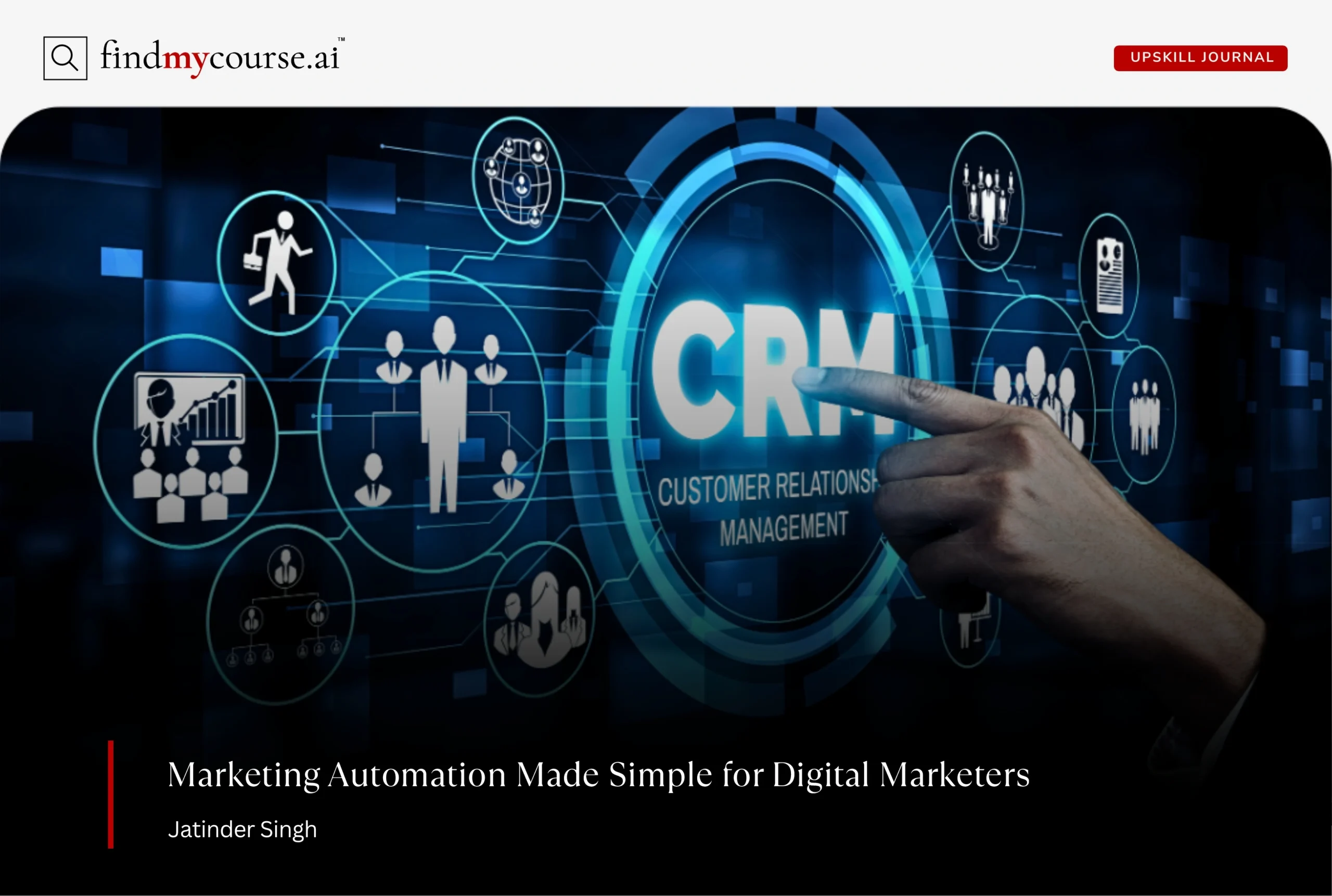In 2026, freelancing has evolved from a side hustle into a respected career path. With businesses increasingly valuing remote expertise, the freelance economy now represents a vital force in global employment. Whether you’re a designer, developer, writer, marketer, or virtual assistant, learning how to start freelancing can unlock a world of flexibility and financial independence.
Starting out, however, can feel overwhelming. You might wonder where to find clients, how to price your services, or which platforms offer genuine opportunities. Fortunately, with clear direction and consistent upskilling, anyone can build a thriving freelance career from scratch. This guide will walk you through everything you need to know—from preparation and mindset to trusted platforms and client-building strategies.
Why Freelancing Is Thriving in 2026
Freelancing continues to grow as companies embrace hybrid and project-based work models. According to global workforce surveys, nearly 40% of professionals now earn at least part of their income through freelancing. The appeal is obvious: flexibility, creative freedom, and control over your schedule.
Moreover, advances in AI tools and digital collaboration make it easier than ever to work remotely across industries. Freelancers today manage complex international projects, build personal brands online, and even form virtual teams to tackle larger contracts.
This democratization of work means anyone with skill, dedication, and an internet connection can participate in the global economy. If you’ve been thinking about how to start freelancing, there’s truly never been a better time.
How to Start Freelancing: Building the Right Foundation
Before diving into platforms or proposals, it’s crucial to prepare a strong foundation. Here’s how to do it effectively:
1. Identify Your Core Skills and Niche
The most successful freelancers specialize. Start by listing your professional strengths and passions. Are you a skilled copywriter, a web developer, or a social media strategist? Then narrow it down—perhaps you focus on email marketing for e-commerce or UX design for startups. This focus helps you stand out among thousands of generalists.
2. Create a Portfolio That Tells a Story
Your portfolio is your digital resume. Even if you’re just beginning, showcase sample projects or mock work that reflects your quality. Include measurable results where possible—clients love data-driven outcomes. Remember, presentation matters: make it simple, visually appealing, and easy to navigate.
3. Set Realistic Rates
When you’re learning how to start freelancing, pricing can be tricky. Research market rates on trusted platforms and adjust based on your experience level. Avoid undervaluing your time—charging too little can sometimes signal inexperience. Instead, offer competitive yet fair rates and focus on delivering excellent results.
How to Start Freelancing Successfully: Finding the Right Platforms
Choosing the right freelance platform can determine how quickly you gain clients and visibility. Each caters to different skill sets and experience levels. Below are some of the top options in 2026:
| Platform | Best For | Key Features | Pro Tip for Success |
| Upwork | Professionals across industries | Global client base, performance-based algorithm, secure payments | Write clear, customized proposals and maintain high ratings to boost visibility. |
| Fiverr | Beginners and creative freelancers | Tiered service “gigs,” Fiverr Pro for experts | Test multiple offers, collect reviews early, and gradually increase your pricing. |
| Toptal | Experienced developers, designers, and finance experts | Rigorous screening, premium clients, top-tier pay | Prepare for skill assessments and highlight measurable achievements in your profile. |
| Freelancer.com | Writers, engineers, and general freelancers | Project bids, contests, diverse categories | Participate in contests to build your reputation and gain portfolio samples. |
| Specialized Platforms | Niche professionals (designers, writers, creatives) | Platforms like Behance, Dribbble, and Contra | Choose a niche platform to connect with industry-specific clients and showcase expertise. |
Selecting a platform aligned with your skills increases your chances of finding steady work. Moreover, diversify—don’t rely on one source of clients.
Building Your Freelance Brand and Network
Your personal brand is your greatest asset as a freelancer. It communicates your values, style, and professionalism. Here’s how to strengthen it:
1. Optimize Your Online Presence
Use LinkedIn and your portfolio website to showcase testimonials, certifications, and achievements. Regularly post insights or completed projects to demonstrate credibility. Clients often check your digital footprint before hiring.
2. Nurture Client Relationships
Repeat business is the backbone of a sustainable freelance career. Deliver ahead of deadlines, communicate clearly, and follow up after projects conclude. Satisfied clients often lead to referrals—your most valuable marketing tool.
3. Join Freelance Communities
Participate in online forums and Slack groups dedicated to your industry. These communities provide moral support, job leads, and collaborative learning. Networking isn’t just about finding clients—it’s about staying inspired and informed.
Managing Your Time, Income, and Growth
Freelancing offers freedom, but it also demands discipline. Balancing multiple projects, deadlines, and finances can be challenging.
1. Master Time Management
Use project management tools like Notion or ClickUp to organize tasks. Allocate specific hours for focused work, client communication, and rest. Remember, sustainable productivity matters more than constant hustle.
2. Handle Finances Wisely
Separate business and personal accounts, track expenses, and save for taxes. Consider using accounting apps like QuickBooks or Bonsai to streamline invoicing and financial planning. A strong financial routine ensures long-term stability.
3. Commit to Continuous Learning
The freelance landscape evolves fast. New tools, AI integrations, and global trends emerge every year. Dedicate time each month to learning new skills, attending webinars, or earning certifications. The more adaptable you are, the more competitive you become.
Common Mistakes to Avoid When Starting Freelancing
Even the most talented professionals stumble when beginning their freelance journey. Knowing what to avoid can save you time, stress, and missed opportunities.
1. Undervaluing Your Work: Many beginners charge too little to attract clients. However, low rates can make your services seem less credible. Instead, research market prices and adjust as your experience grows.
2. Skipping Contracts: Never start a project without a written agreement outlining deadlines, deliverables, and payment terms. Clear contracts protect both you and your client.
3. Taking Every Job: Saying yes to every offer leads to burnout and poor-quality work. Focus on projects aligned with your skills and goals.
4. Ignoring Client Communication: Late replies or unclear updates damage trust. Communicate proactively, especially if delays arise.
5. Neglecting Self-Promotion: Many freelancers rely solely on platforms. Build your brand through LinkedIn, personal websites, and referrals to expand your reach.
Avoiding these pitfalls will help you establish professionalism, earn client trust, and sustain long-term success as you learn how to start freelancing effectively.
Final Thoughts: Your Freelance Journey Starts Now
Learning how to start freelancing isn’t just about finding gigs—it’s about creating a lifestyle built on autonomy, growth, and meaningful work. The journey demands patience, but every project you complete, every client you satisfy, strengthens your reputation and income potential.
Moreover, freelancing teaches essential life skills: communication, adaptability, self-discipline, and strategic thinking. With consistent effort and a clear vision, you can transform freelancing into not just a career, but a long-term path to freedom and fulfillment.
So, take the leap. Build your profile, craft your story, and start shaping your professional destiny—one client at a time. And if you ever need help in getting started, just ask our AI-Assistant for guidance.


